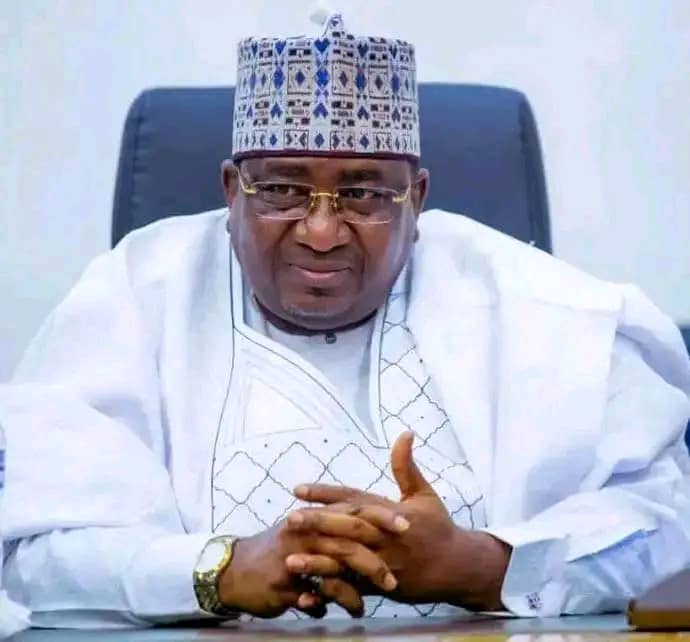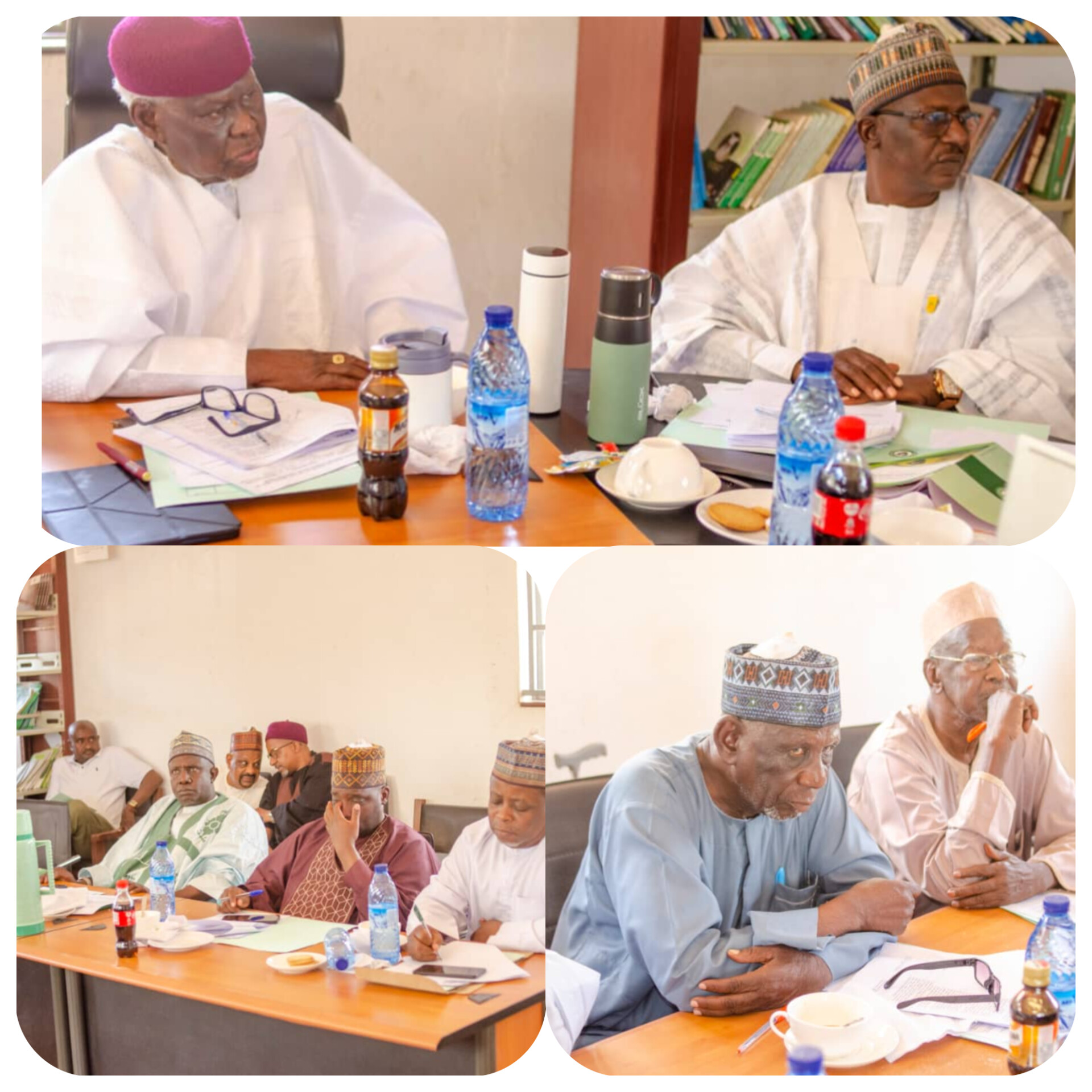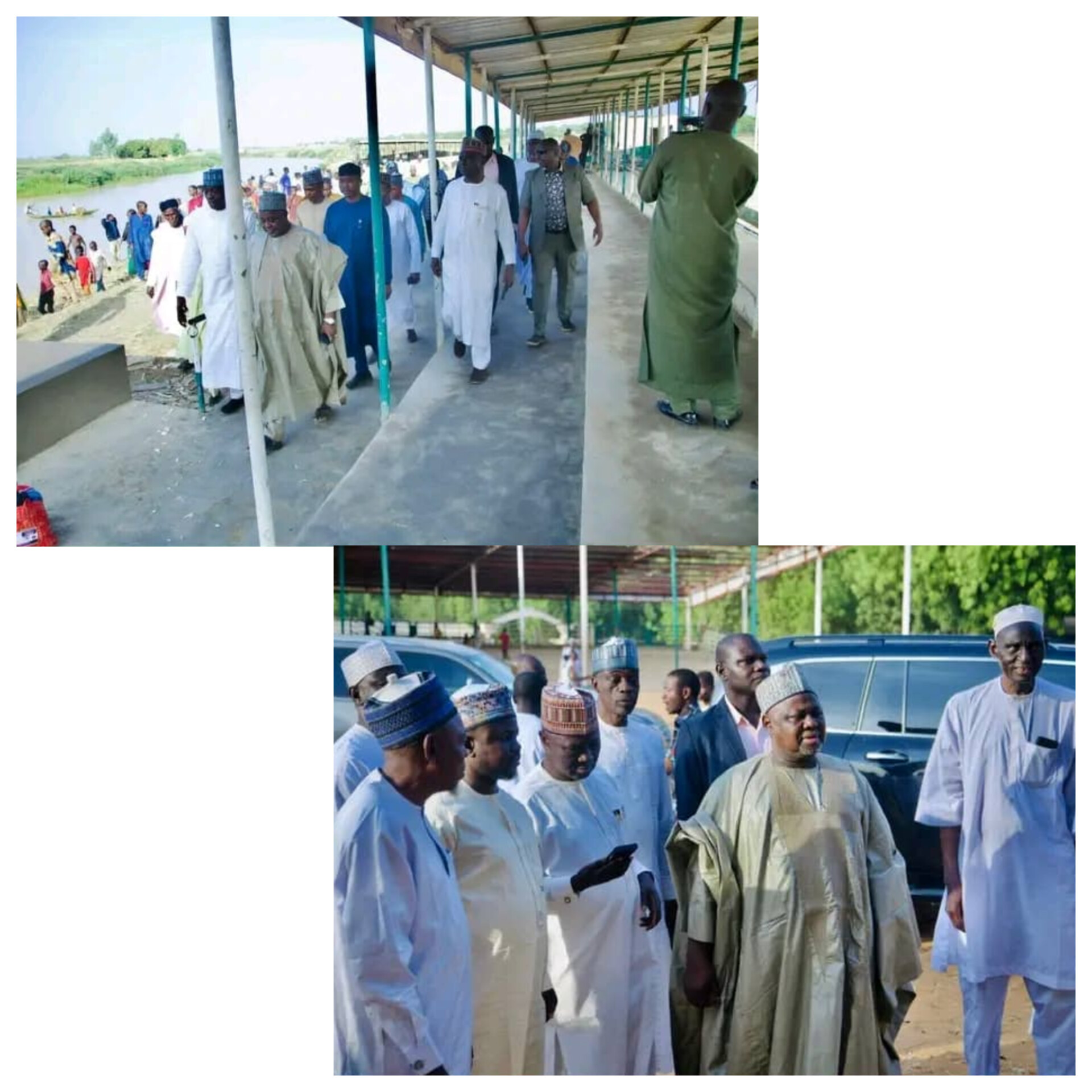Bago’s Vision for a #NewNiger: Investing in Human Capital and Social Welfare By Fodio Ahmed

Bago’s Vision for a #NewNiger: Investing in Human Capital and Social Welfare

The #NewNiger Agenda has announced two incredible initiatives that demonstrate a clear commitment to the well-being and development of Nigerlites. The first, a N200 million counterpart fund for Social Security and Health Insurance. This will provide a safety net for 30,000 vulnerable Nigerlites and their families. The second, a scholarship scheme for indigenes studying critical courses at tertiary institutions, which will empower the next generation of leaders and change-makers.
These initiatives have far-reaching implications for human capital development, economic growth, social mobility, and state development. By investing in social security and health insurance, the government is providing a lifeline for those in need, alleviating the financial burden of medical expenses, retirement, disability, and unemployment. This support will be particularly crucial for low-income households, who often struggle to make ends meet and are disproportionately affected by economic shocks.
The scholarship program is a significant investment in human capital development, enhancing the skills and knowledge of its citizens, and increasing productivity and contribution to the state’s economy. By supporting education in critical fields like medicine, engineering, and law, the government is addressing skill gaps, ensuring that the state has a pool of experts to drive development.

These initiatives promote inclusivity, social mobility, and reduce inequality. They address brain drain, encouraging local students to stay and contribute to the state’s development. The economic implications are significant, driving innovation, entrepreneurship, and economic diversification, and reducing reliance on a single industry.
The #NewNiger Agenda’s commitment to social welfare and human capital development demonstrates a clear understanding of the interconnectedness of economic and social development by Governor Bago. By investing in its citizens, the state is investing in its future, creating a healthier, more productive, and more resilient population. As these programs roll out, effective implementation, monitoring, and evaluation will be crucial to maximize their impact and create a sustainable legacy for generations to come.
Fodio Ahmed writes from Minna.





